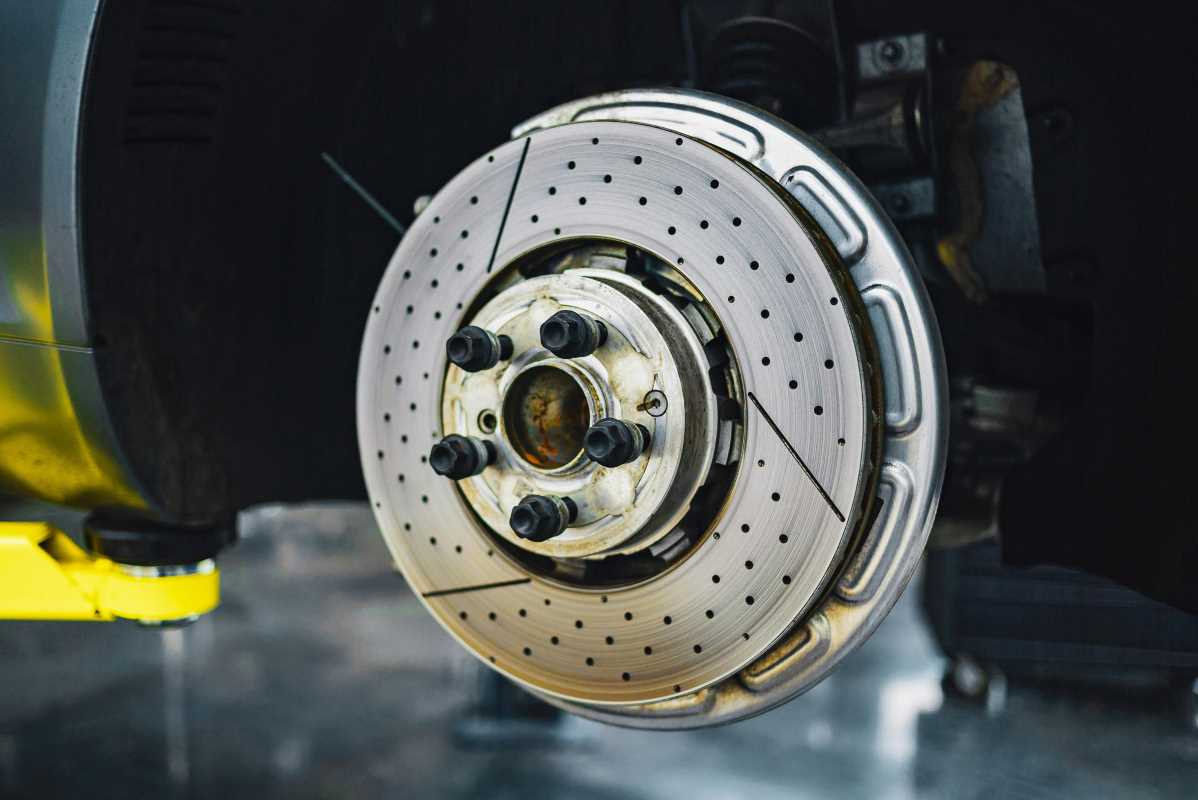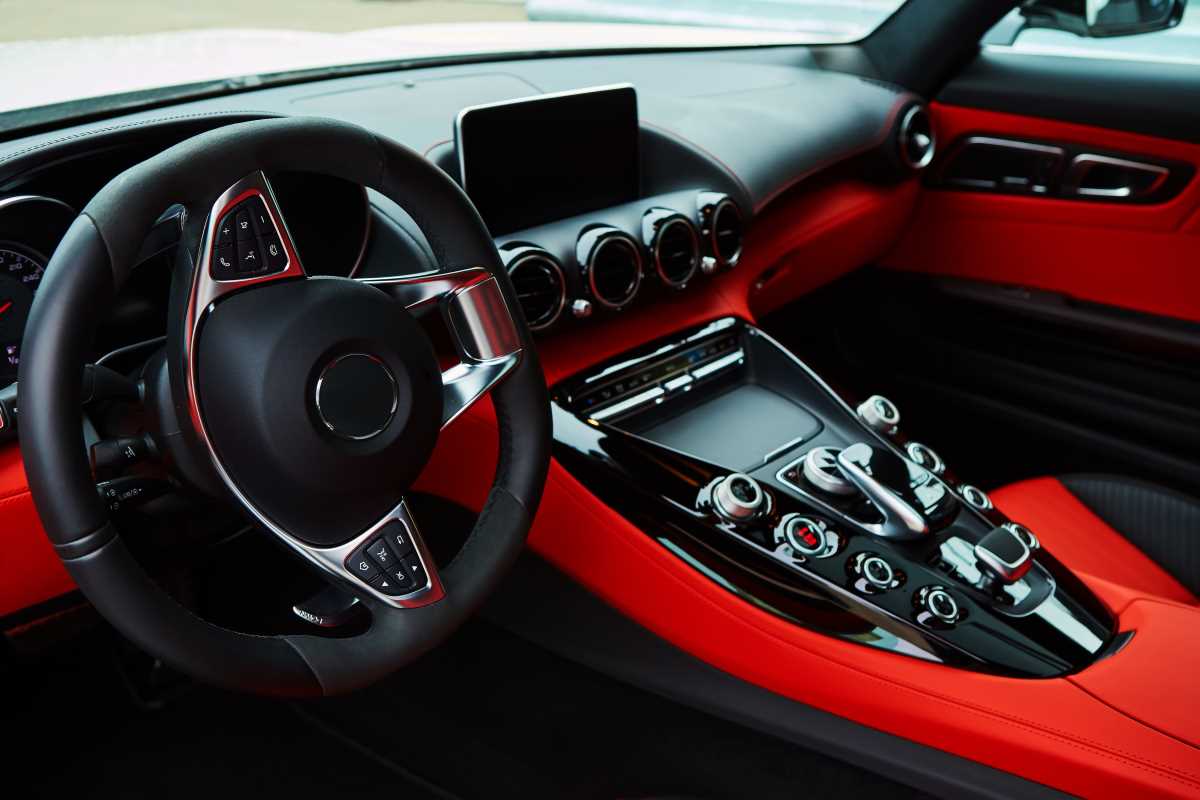Walking into a car dealership can feel like stepping into the big leagues. There's the smell of new cars, the bright lights, and salespeople who seem to have all the answers. When I purchased my first new car, I was totally intimidated, and I'm pretty sure I left money on the table because I didn't know the rules of the game. The truth is, negotiating a car deal isn't as scary as it seems. It's a skill, and like any skill, you can learn it.
A "good deal" isn't just about knocking a few hundred bucks off the sticker price. It's about understanding the whole picture—from the car's actual cost to the financing and your trade-in. It's about being prepared, confident, and knowing when to walk away. You don't have to be a master haggler. You just need a solid game plan. Let's get into the essentials that will help you take control and drive off the lot knowing you got a genuinely fair price.
Your Power Is in the Preparation
The best negotiating happens before you even talk to a salesperson. The more you know, the more power you have. Rushing this step is the fastest way to overpay.
Know the True Cost of the Car
The most important number isn't the one on the window sticker. That's the Manufacturer’s Suggested Retail Price (MSRP). The number you really care about is the invoice price—what the dealership paid the manufacturer for the car. You can find this information on sites like Edmunds, Kelley Blue Book (KBB), and Consumer Reports.
Your goal is to negotiate a price that's as close to the invoice price as possible. A fair price is typically somewhere between the invoice and the MSRP. Also, look up any current manufacturer rebates, incentives, or special financing offers for the model you want. These are discounts offered directly from the carmaker, not the dealer, so they should be deducted from the price you negotiate.
Get Pre-Approved for a Loan
This is a total game-changer. Before you go to the dealership, go to your own bank or a credit union and get pre-approved for a car loan. This does two things:
- It tells you exactly how much you can afford to spend, so you won't get talked into a more expensive car.
- It gives you a benchmark interest rate.
When you get to the dealership, you can let their finance department try to beat the rate you already have. If they can offer you a lower Annual Percentage Rate (APR), great! If not, you can confidently use your own financing. This separates the car price negotiation from the financing negotiation, which is a common place where dealers make their profit.
Figure Out Your Current Car's Value
If you're planning to trade in your current car, you need to know what it's worth. Don't rely on the dealer to tell you. Use KBB or Edmunds to get an estimated trade-in value based on your car's condition, mileage, and features. For an even more accurate number, you can get a real cash offer from online retailers like CarMax or Carvana. This gives you a firm offer that you can use as a negotiating tool. You can ask the dealership to match it or simply sell your car to the other retailer.
At the Dealership: Playing It Cool
Once you're at the dealership, your goal is to stay focused and in control. Don't let the excitement of a new car cloud your judgment.
Negotiate One Thing at a Time
Dealerships often try to lump everything into one negotiation: the new car price, your trade-in value, and the financing. This is called the "four-square" method, and it's designed to confuse you and maximize their profit.
Keep it simple. Tell the salesperson you want to agree on the price of the new car first. Say something like, "Let's figure out the price for your car first, and then we can talk about my trade-in and financing." Negotiate each element separately:
- Price of the new car.
- Value of your trade-in.
- Financing and monthly payments.
This clarity ensures you're getting a good deal on each part of the transaction, not just one.
Don't Talk Monthly Payments (At First)
One of the first questions a salesperson might ask is, "What kind of monthly payment are you looking for?" It seems like a helpful question, but it's a trap. A salesperson can get you almost any monthly payment you want by extending the loan term (to 72 or even 84 months) or playing with other numbers. You might end up with a low payment but pay way more for the car over the life of the loan.
The only number you should be discussing is the total "out-the-door" price of the vehicle. This includes the car's price, taxes, and all fees (like documentation or "doc" fees). Once you have an agreed-upon out-the-door price, then you can discuss financing and monthly payments.
Be Wary of Add-Ons
After you've agreed on a price, you'll be sent to the Finance & Insurance (F&I) office. This is where they'll try to sell you a bunch of extras: extended warranties, paint protection, VIN etching, tire and wheel protection, and more. While some of these might have value, they are almost always overpriced.
Do your research on these products beforehand. You can often buy better extended warranties from third parties for less money. Feel free to politely decline all of them. A simple, "No, thank you, I'm not interested in any extras today" is all you need to say. Be firm.
Your Ultimate Power Move: Walking Away
This is the most important tool in your negotiating toolkit. If you don't feel good about the deal, or if the salesperson is pressuring you, you always have the power to walk away.
Shop at Multiple Dealerships
Don't fall in love with a car at the first dealership you visit. Once you know the exact make, model, and trim you want, email the internet sales departments of three or four local dealerships. Tell them exactly what you're looking for and ask for their best out-the-door price.
This creates competition among the dealers for your business. It also lets you do most of the negotiating from your couch, which is way less stressful. You can then take the best offer you receive and see if another dealer is willing to beat it.
Know When to Leave
If a deal isn't coming together, or if you feel like you're being taken for a ride, just leave. I once spent two hours at a dealership where the salesperson kept going back and forth to their "manager," trying to wear me down. I finally stood up, thanked him for his time, and said I was going to think about it. Before I even got to my car, he ran out with a better offer.
There will always be another car and another dealership. Don't let the fear of missing out push you into a decision you'll regret.
Negotiating your new car purchase is all about preparation and confidence. By doing your homework, separating the different parts of the deal, and being ready to walk away, you shift the power back to your side of the table. It might feel a little awkward at first, but the savings and the satisfaction of knowing you got a fair deal are totally worth it. Now go get that new car.
 (Image via
(Image via





